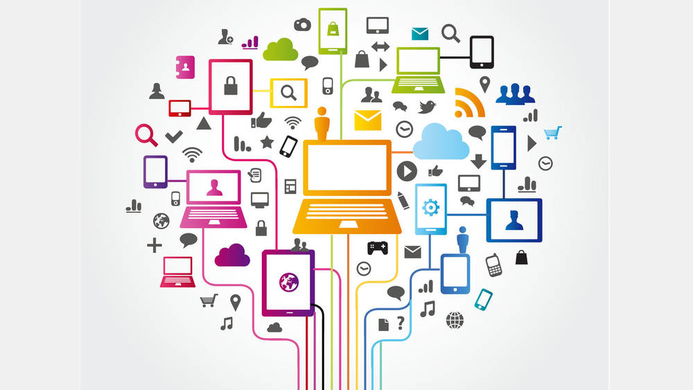Which social media platforms are beneficial in education?
Social media is the term used to refer to most websites and apps meant, by themselves, to bring people together. The modern Internet revolves around social media, whose success stems from the fact that users can quickly spread their favorite content to a large number of friends. Friends can then share that content with their own circles as well, allowing some content to spread quickly to anywhere from a few dozen people to potentially millions. The strength of social media is its ability to encourage collaboration and sharing, but each social media platform has its own set of advantages that can be utilized in the classroom.
Social media is the term used to refer to most websites and apps meant, by themselves, to bring people together. The modern Internet revolves around social media, whose success stems from the fact that users can quickly spread their favorite content to a large number of friends. Friends can then share that content with their own circles as well, allowing some content to spread quickly to anywhere from a few dozen people to potentially millions. The strength of social media is its ability to encourage collaboration and sharing, but each social media platform has its own set of advantages that can be utilized in the classroom.
Nowadays, some of the famous social media platforms such as Youtube, Twitter, Facebook, and Instagram are all platforms that are beneficial for education. Apart from these, WordPress which we are using nowadays is also a helpful platform for education. It makes communication between teachers and students easier and more effective.
When working with the vulnerable sector, how does social media fit into professionalism and regulations?
Personally, I think the most important point is fairness. Real social media should not produce ideas like “whoever is strong is right and the weak have no rights”. Whether or not social media is brave enough to stand up and report on a situation where a powerful group is using their power to oppress the less fortunate is also an important point. But in the vast majority of cases, social media is just a tool in the hands of the powerful. When working with the disadvantaged, it is enough to respect each other, be realistic, discard prejudices, and have the law in mind. But these are nothing in the face of profit and power.






Recent Comments